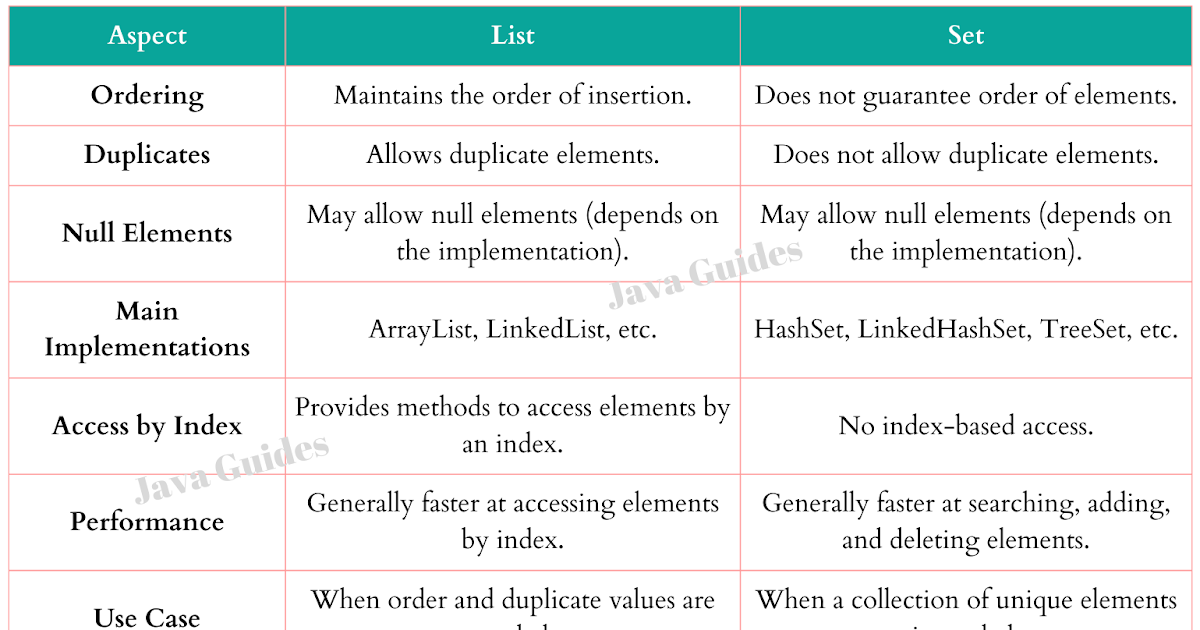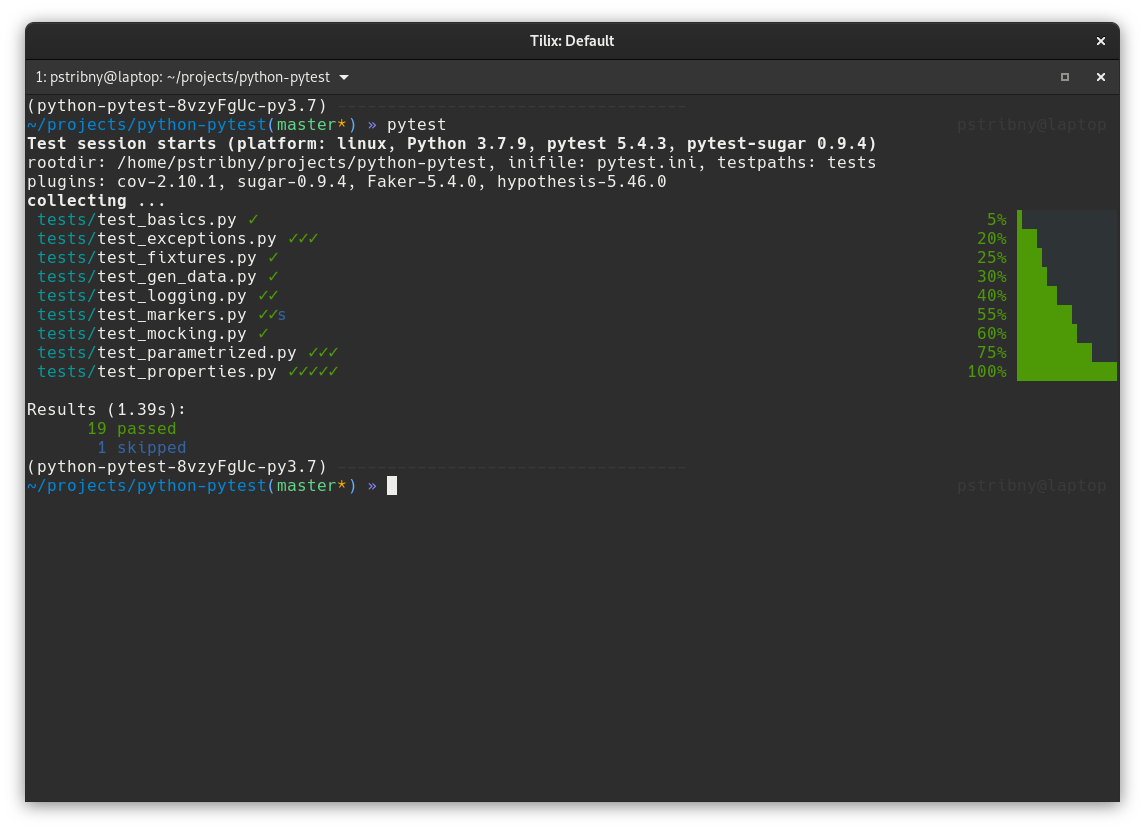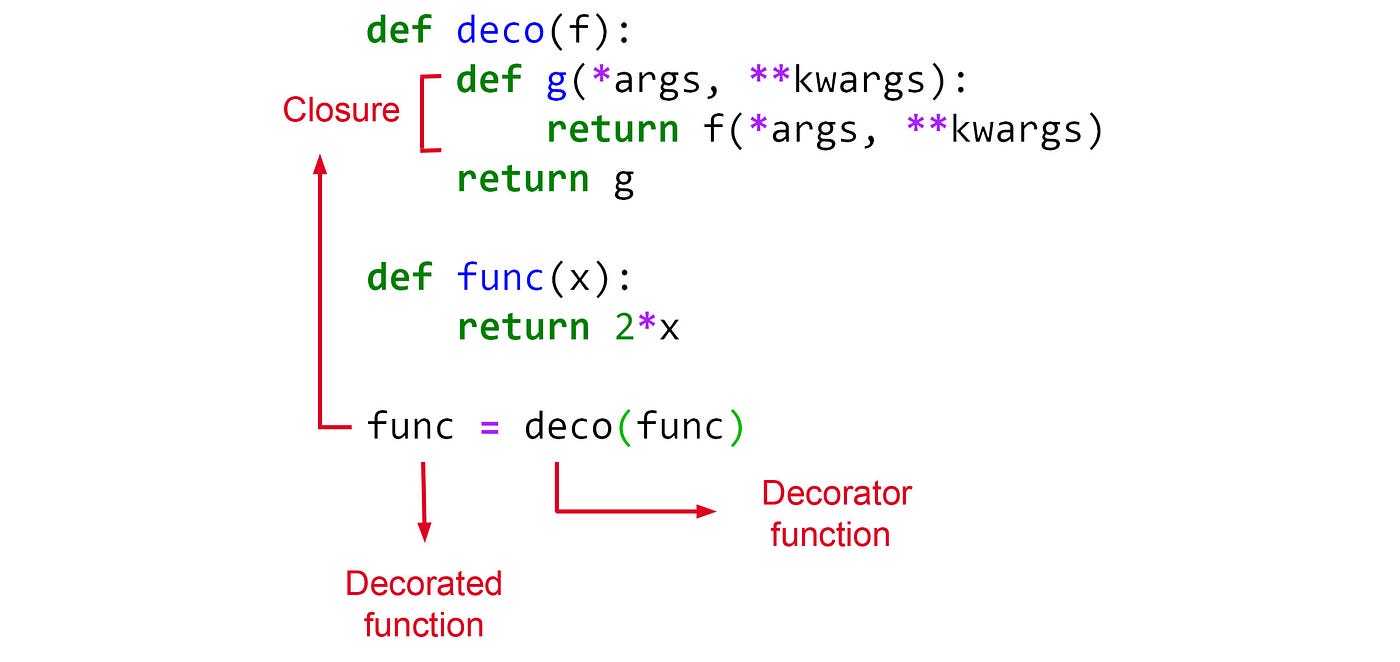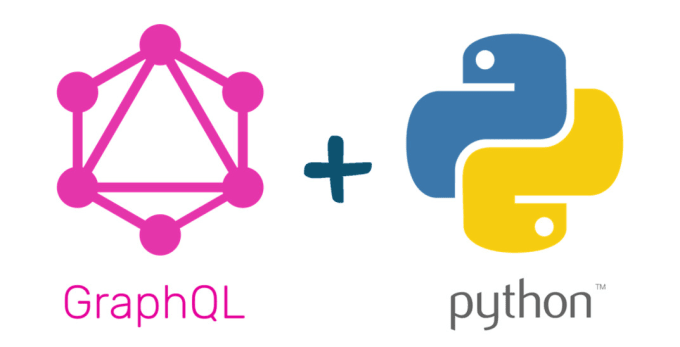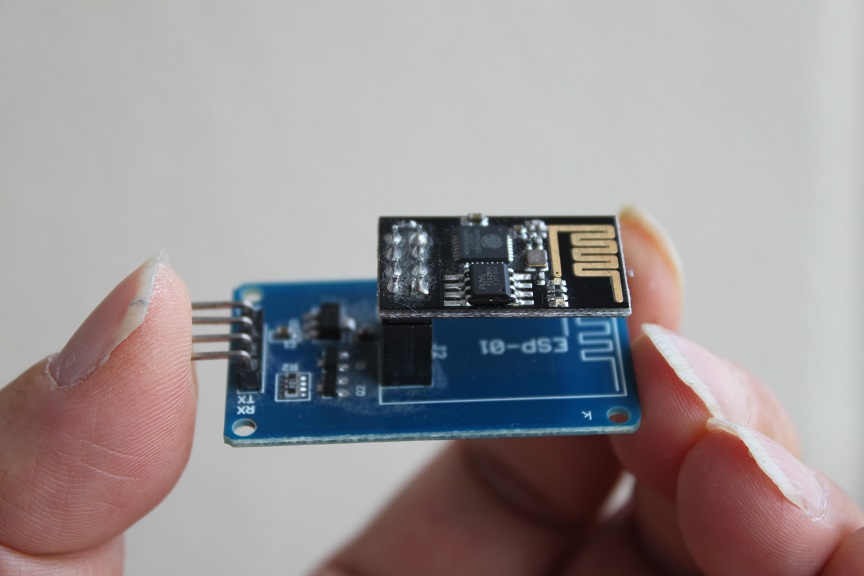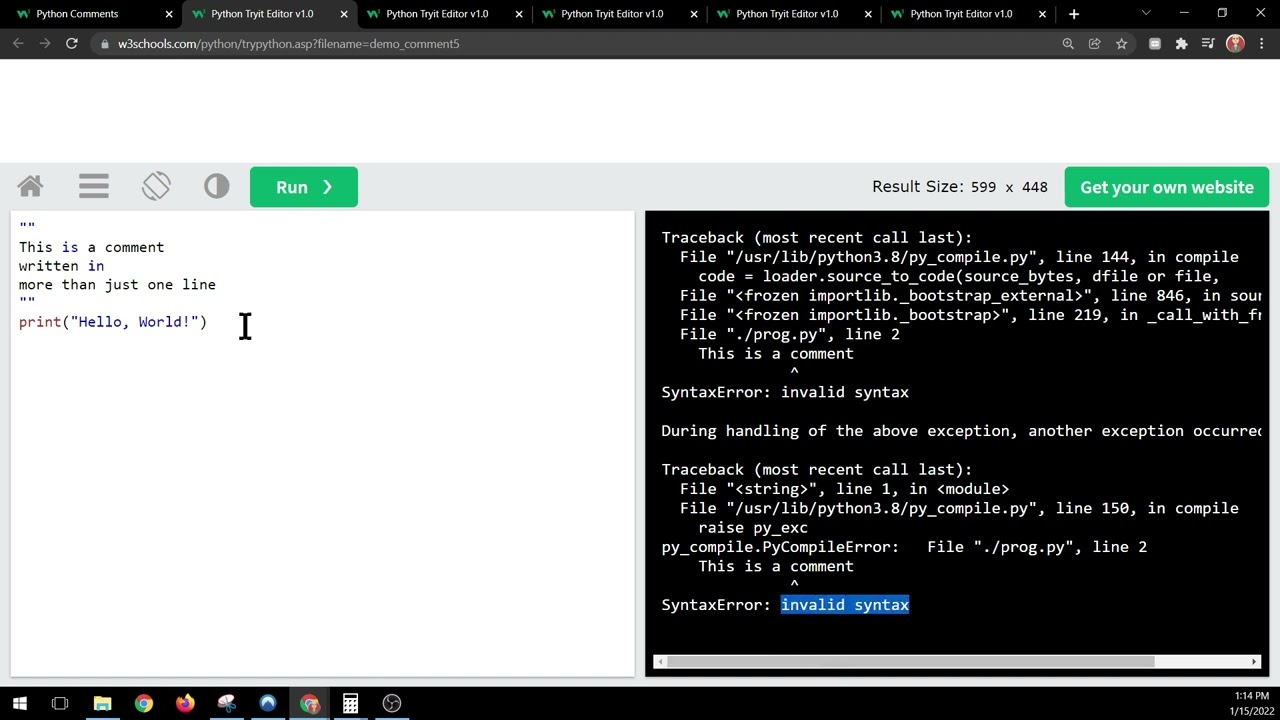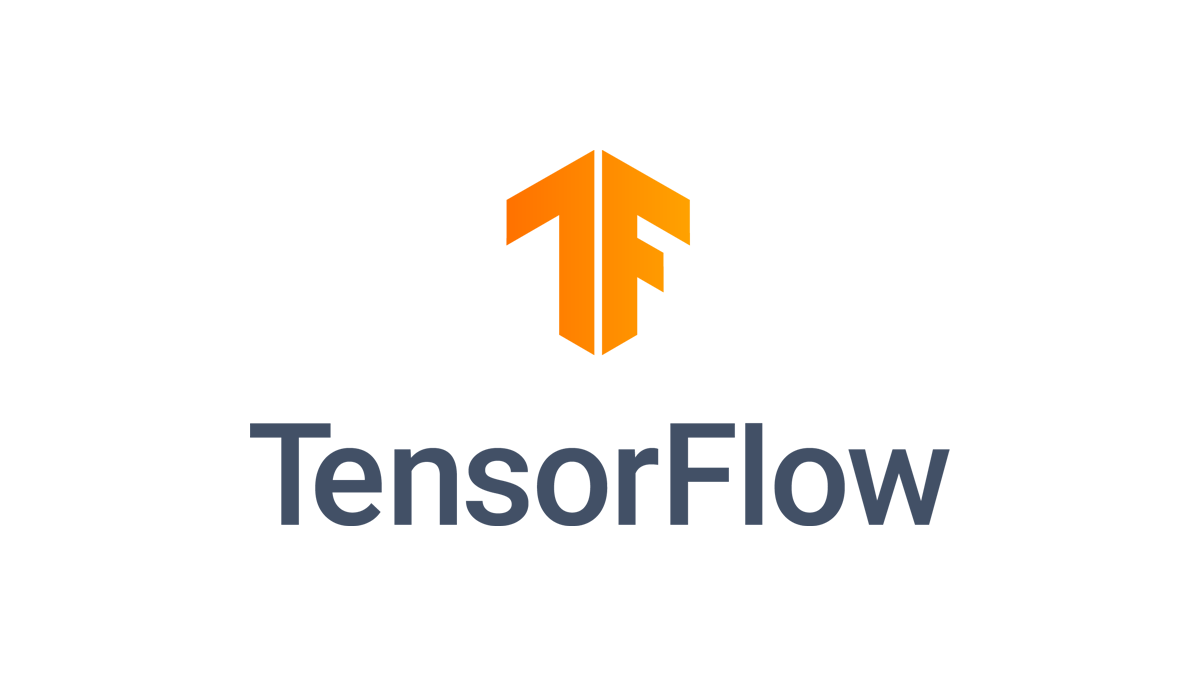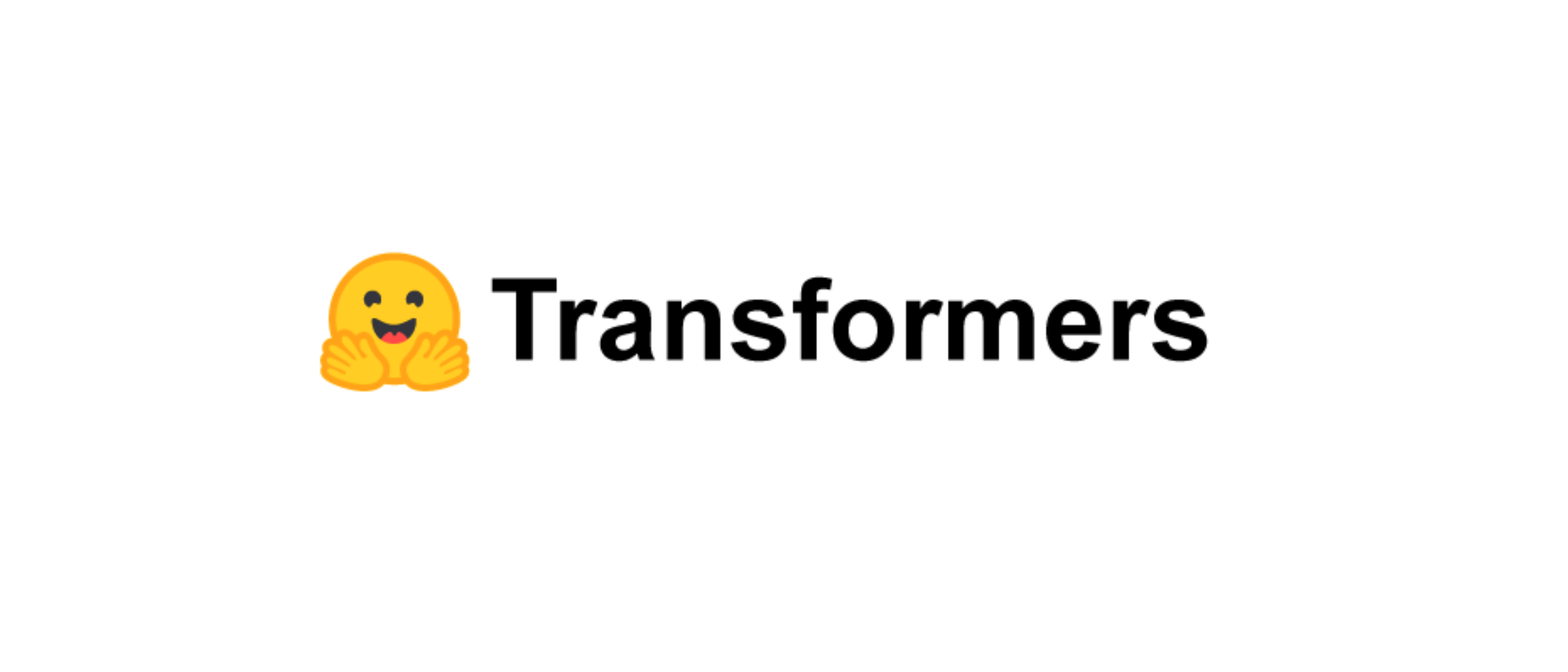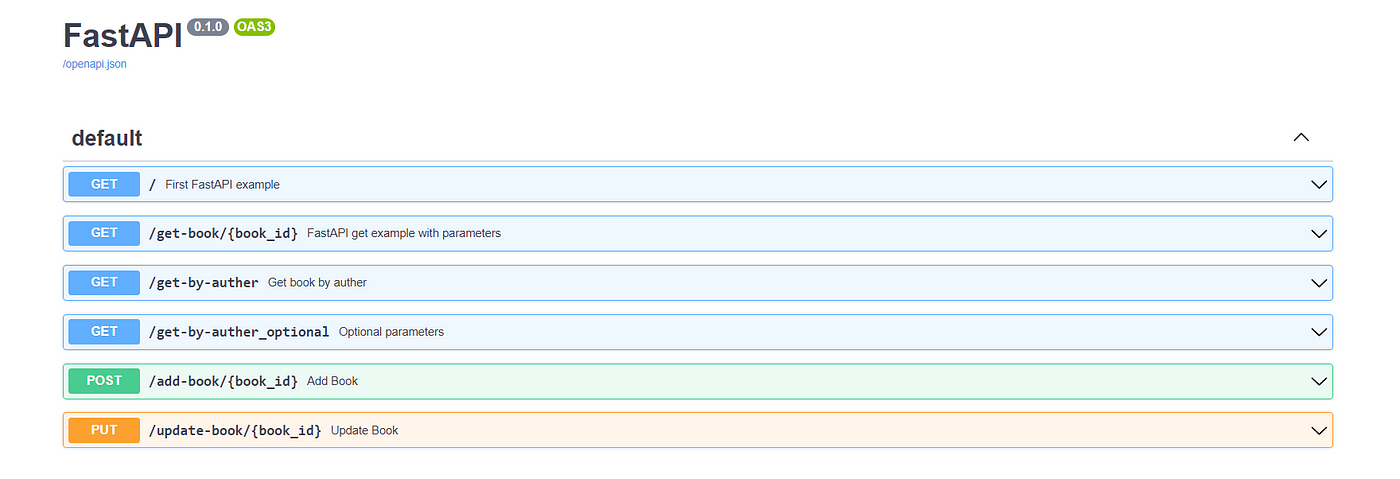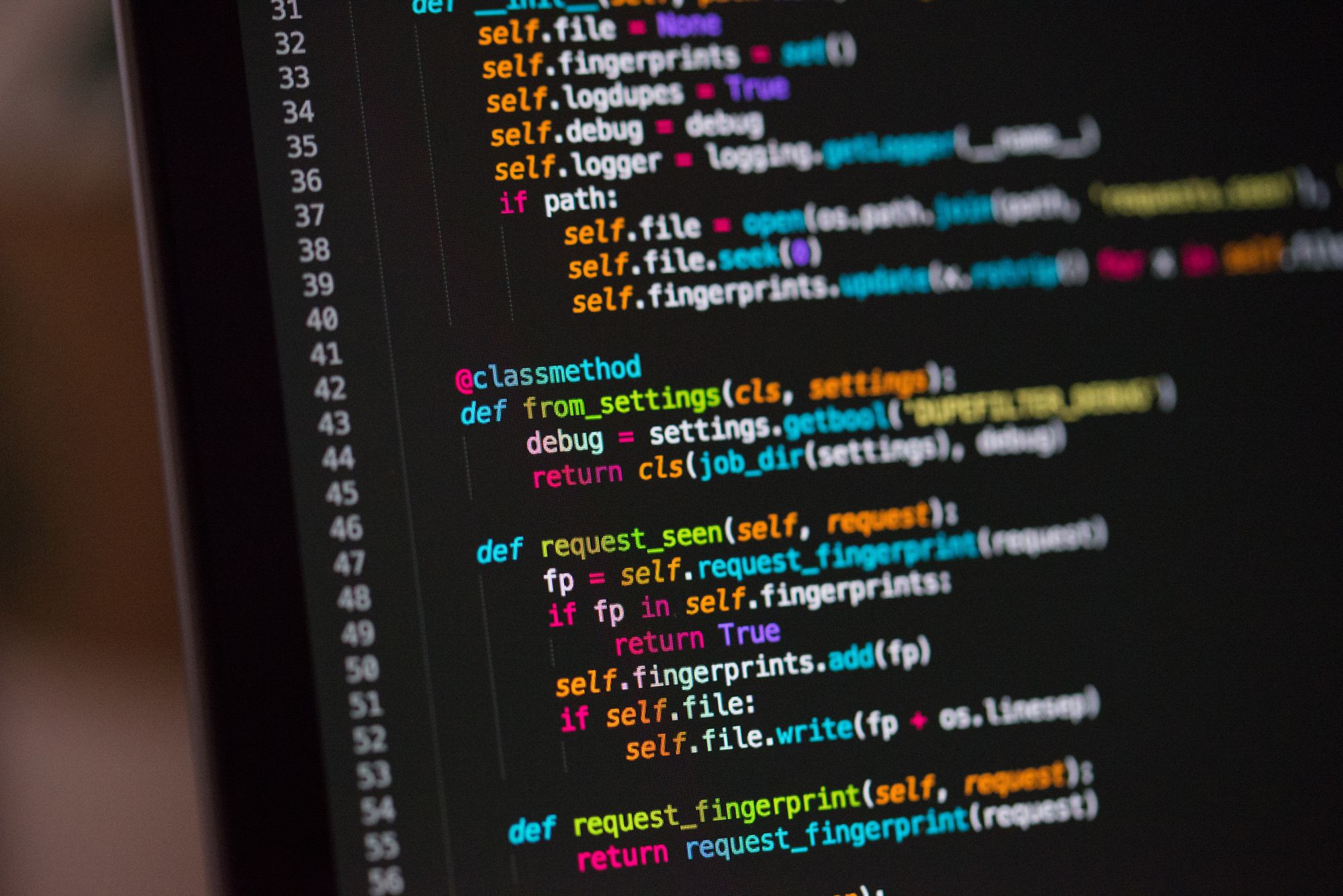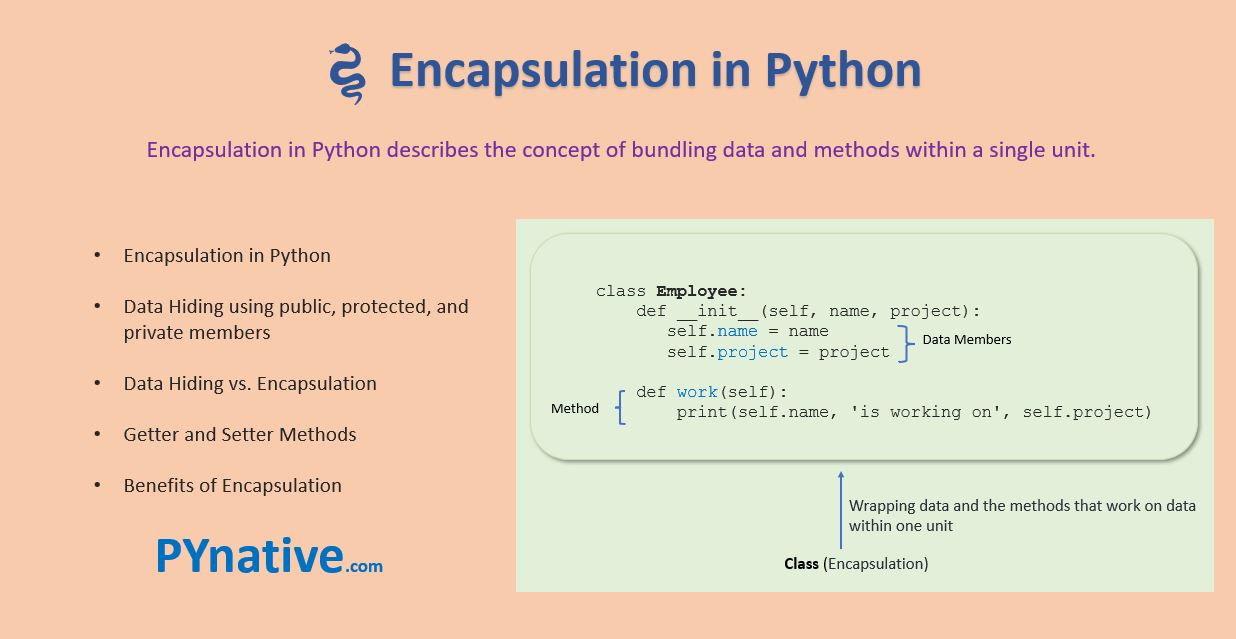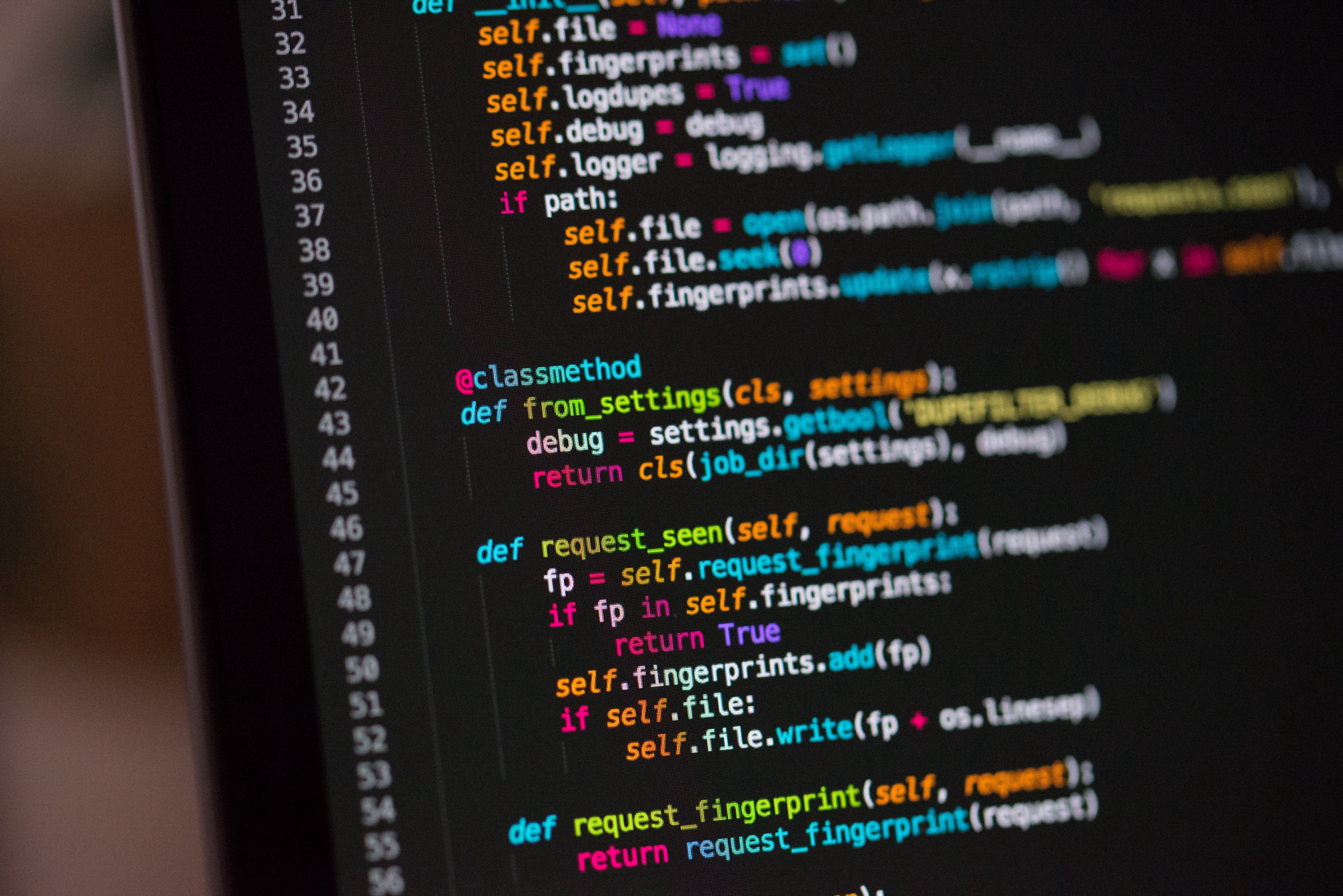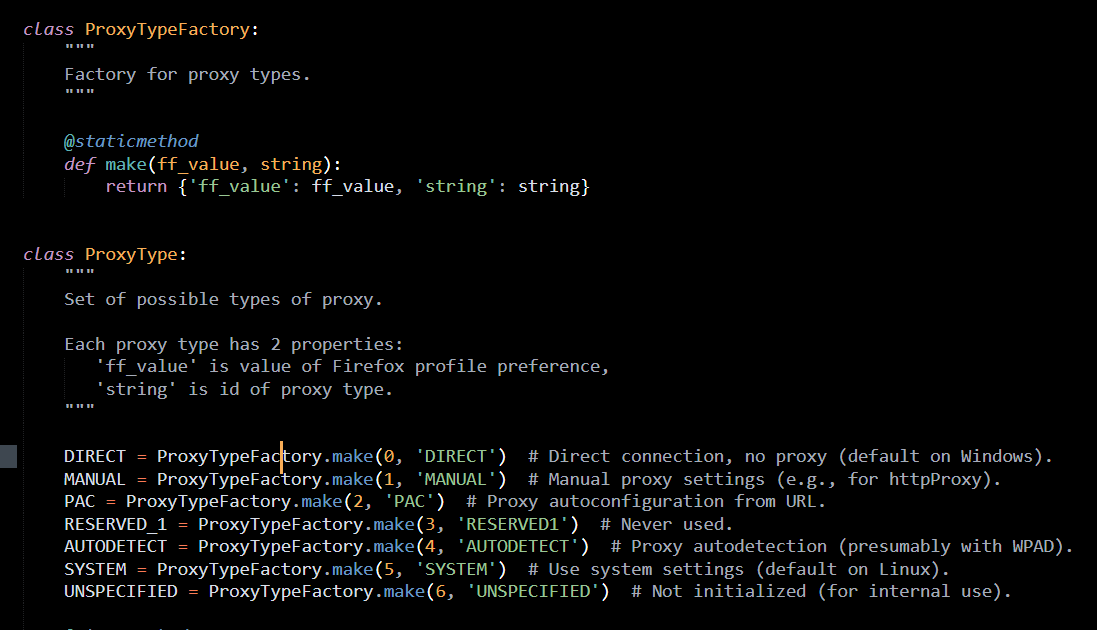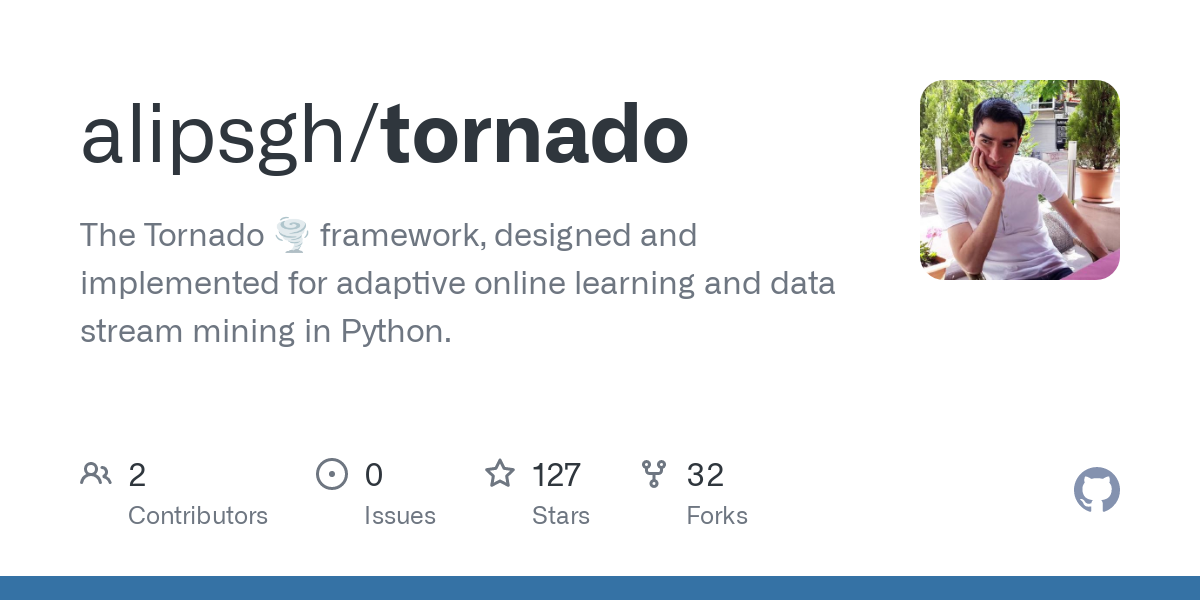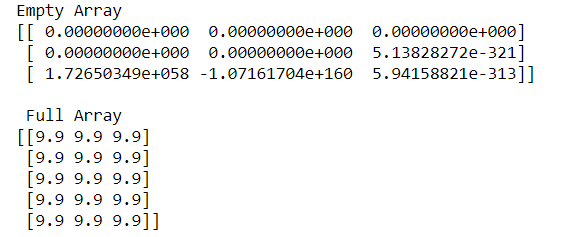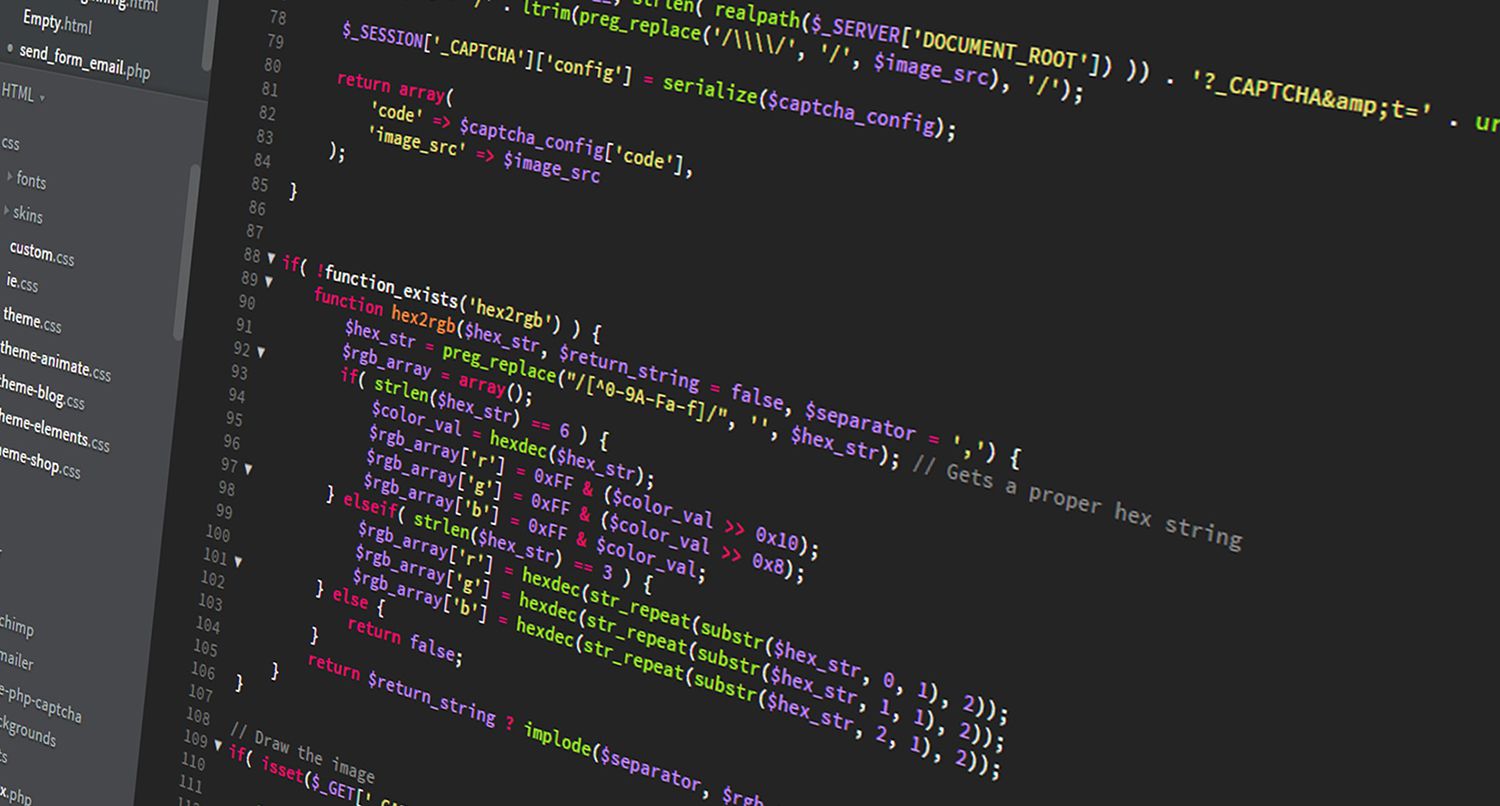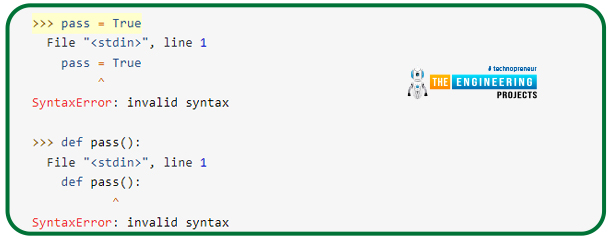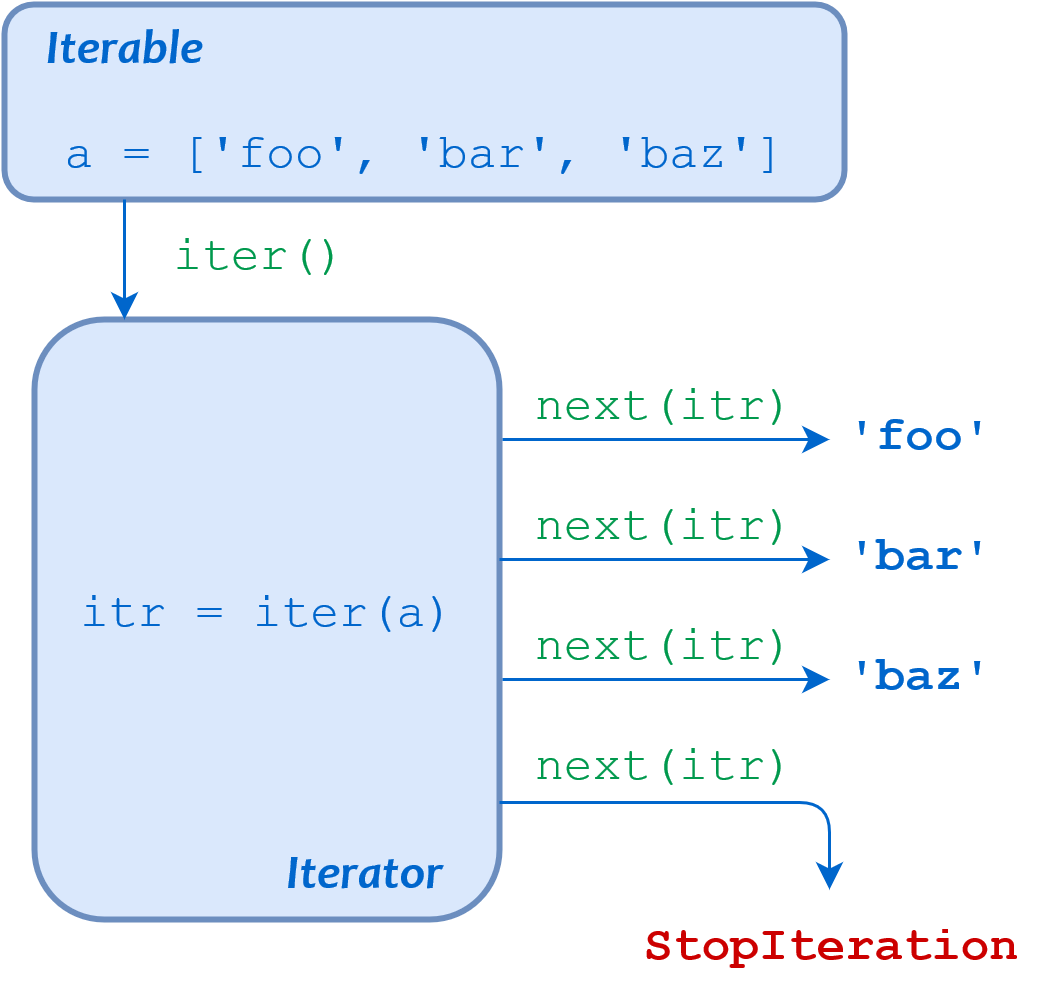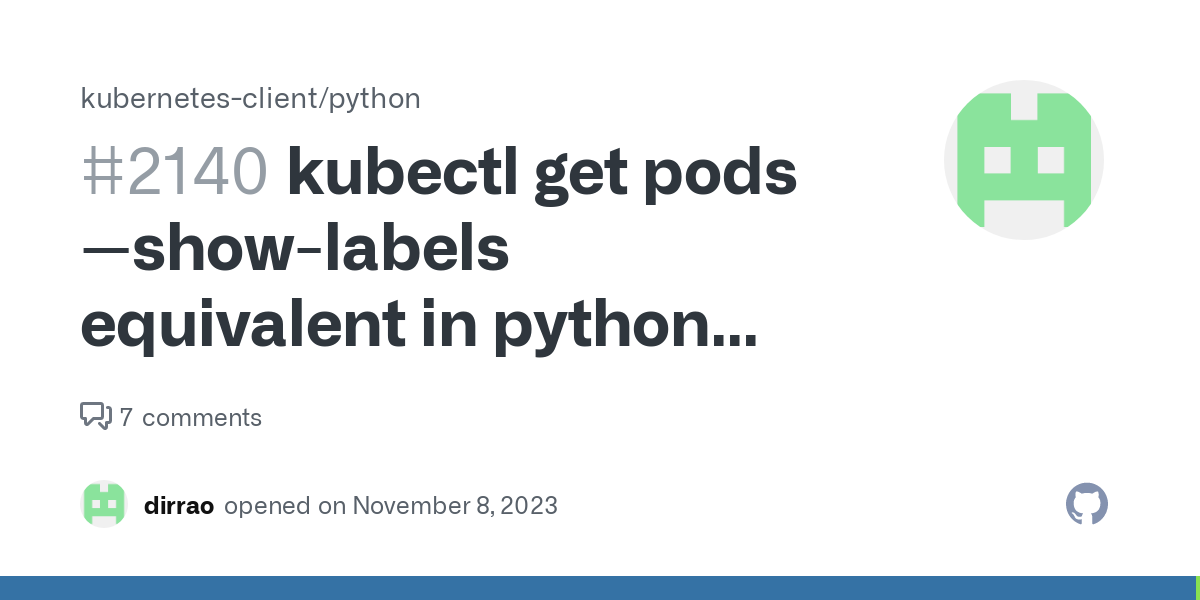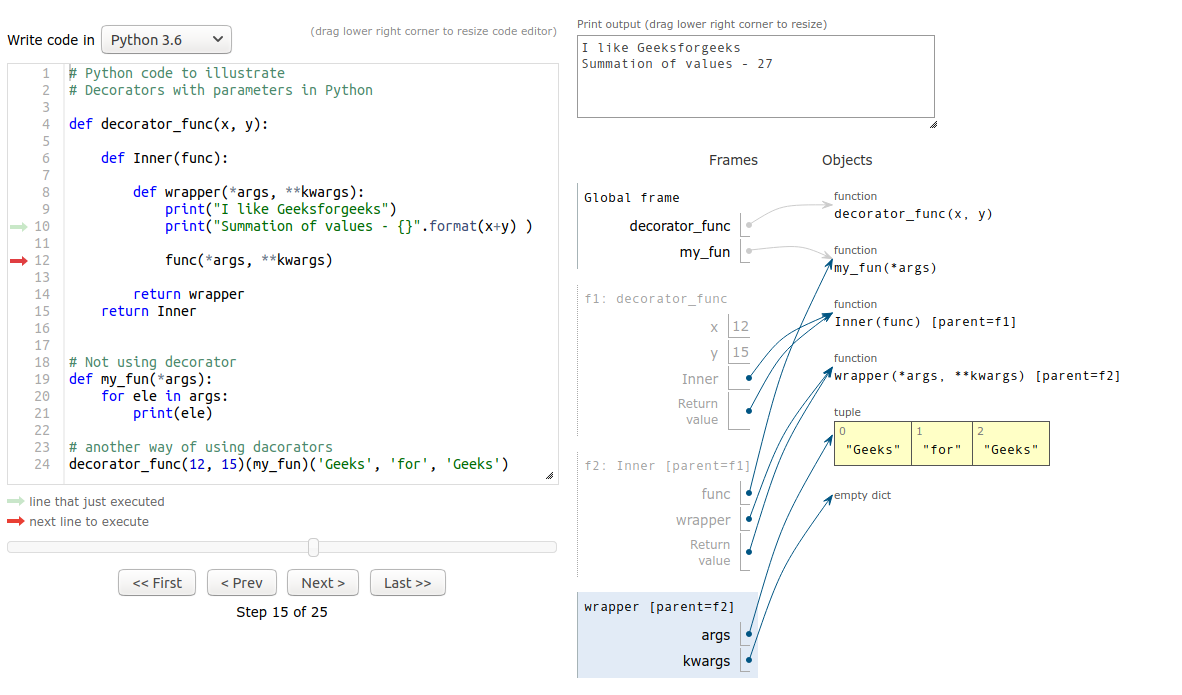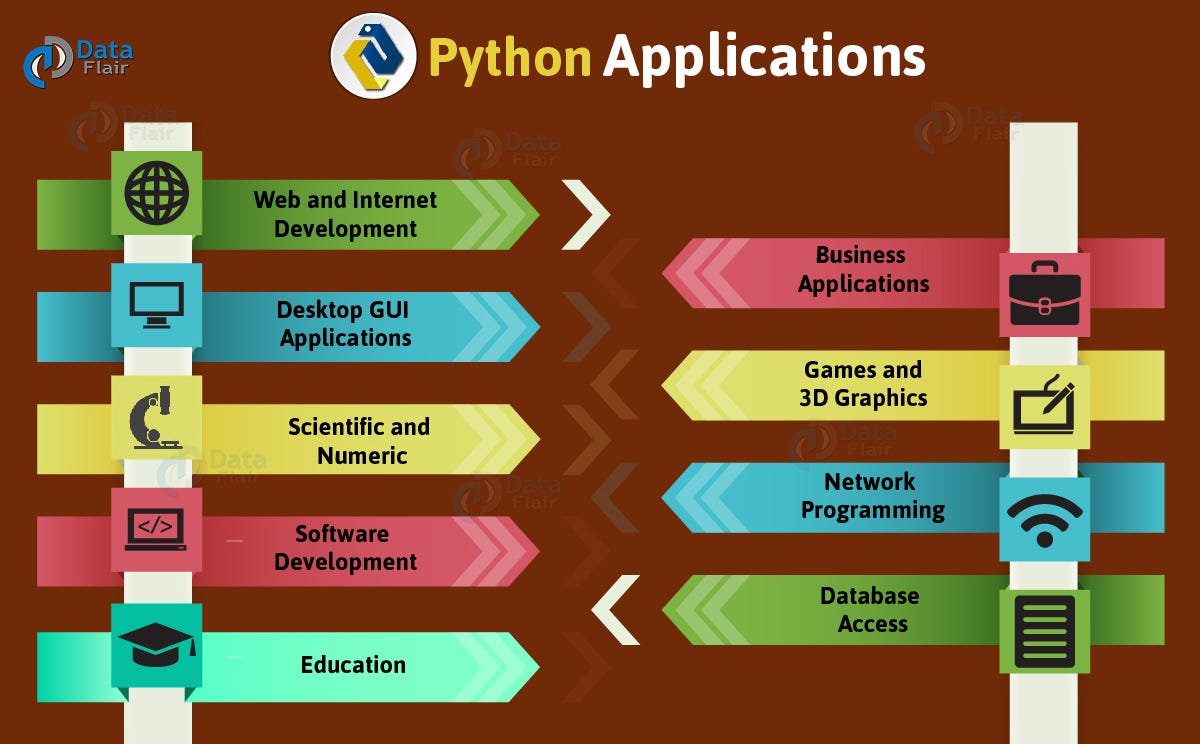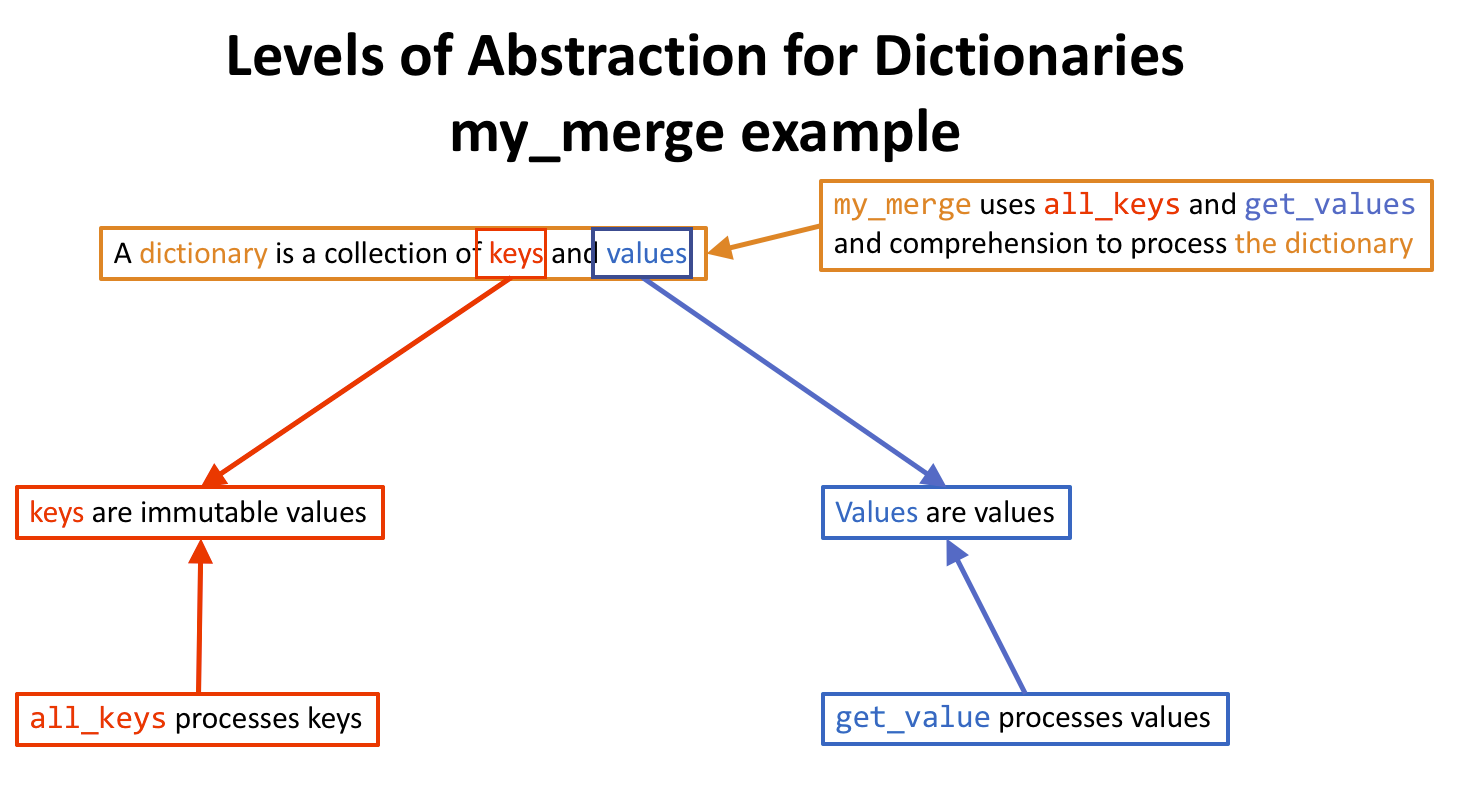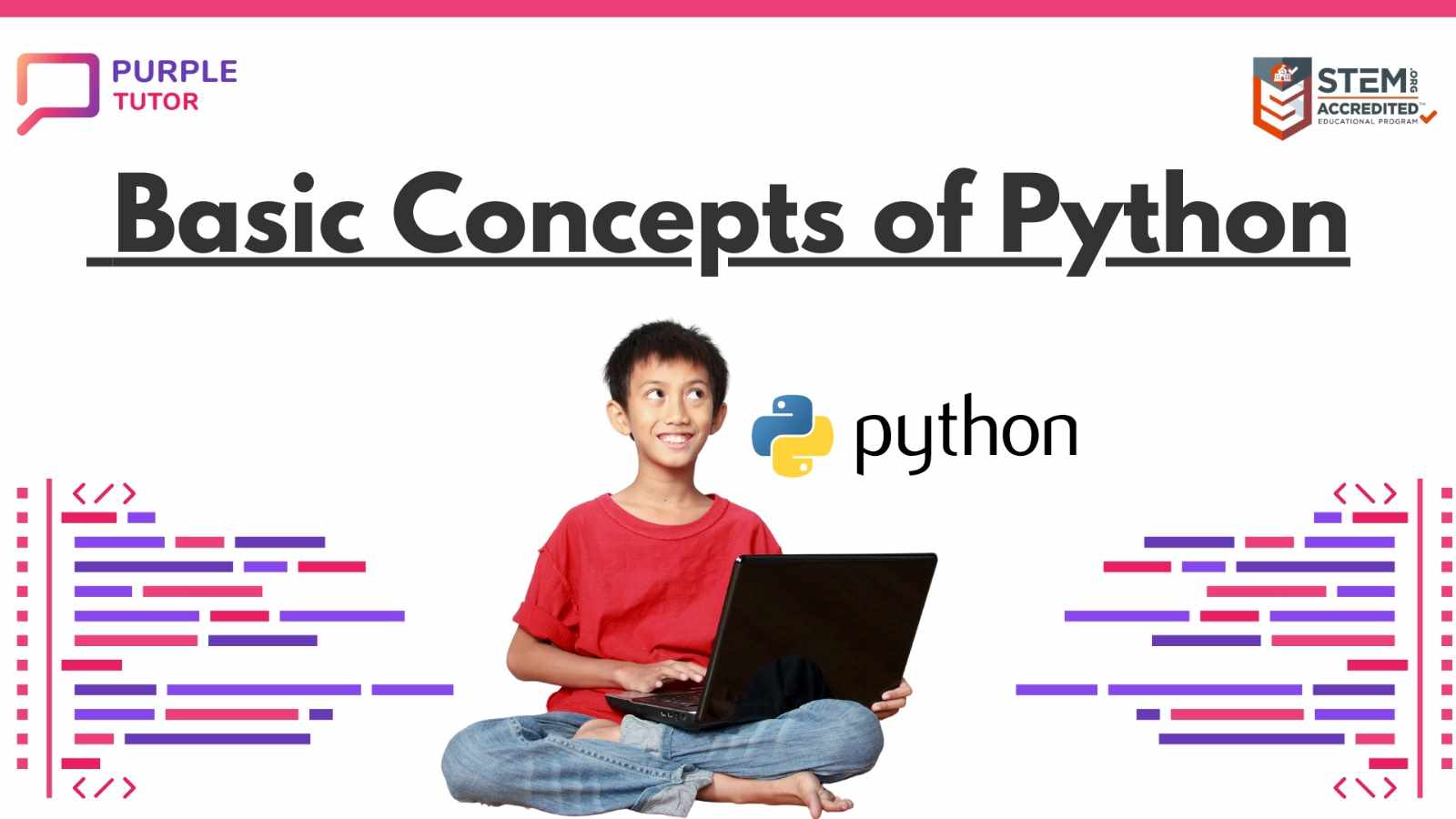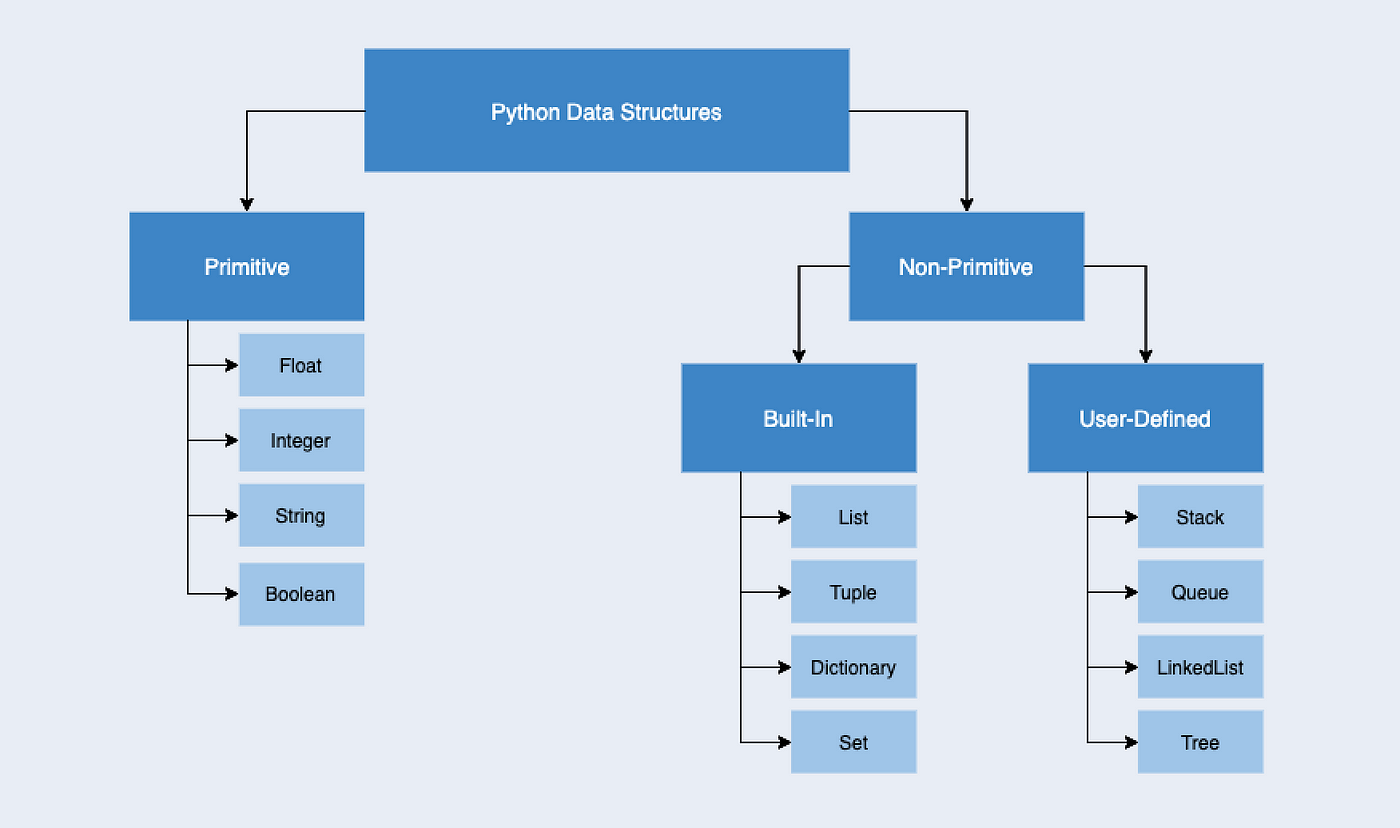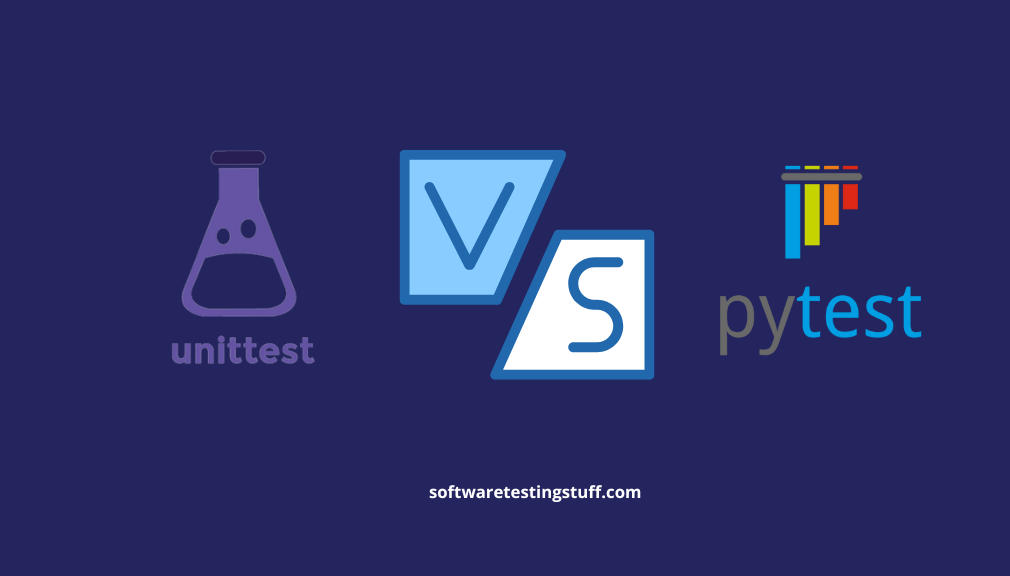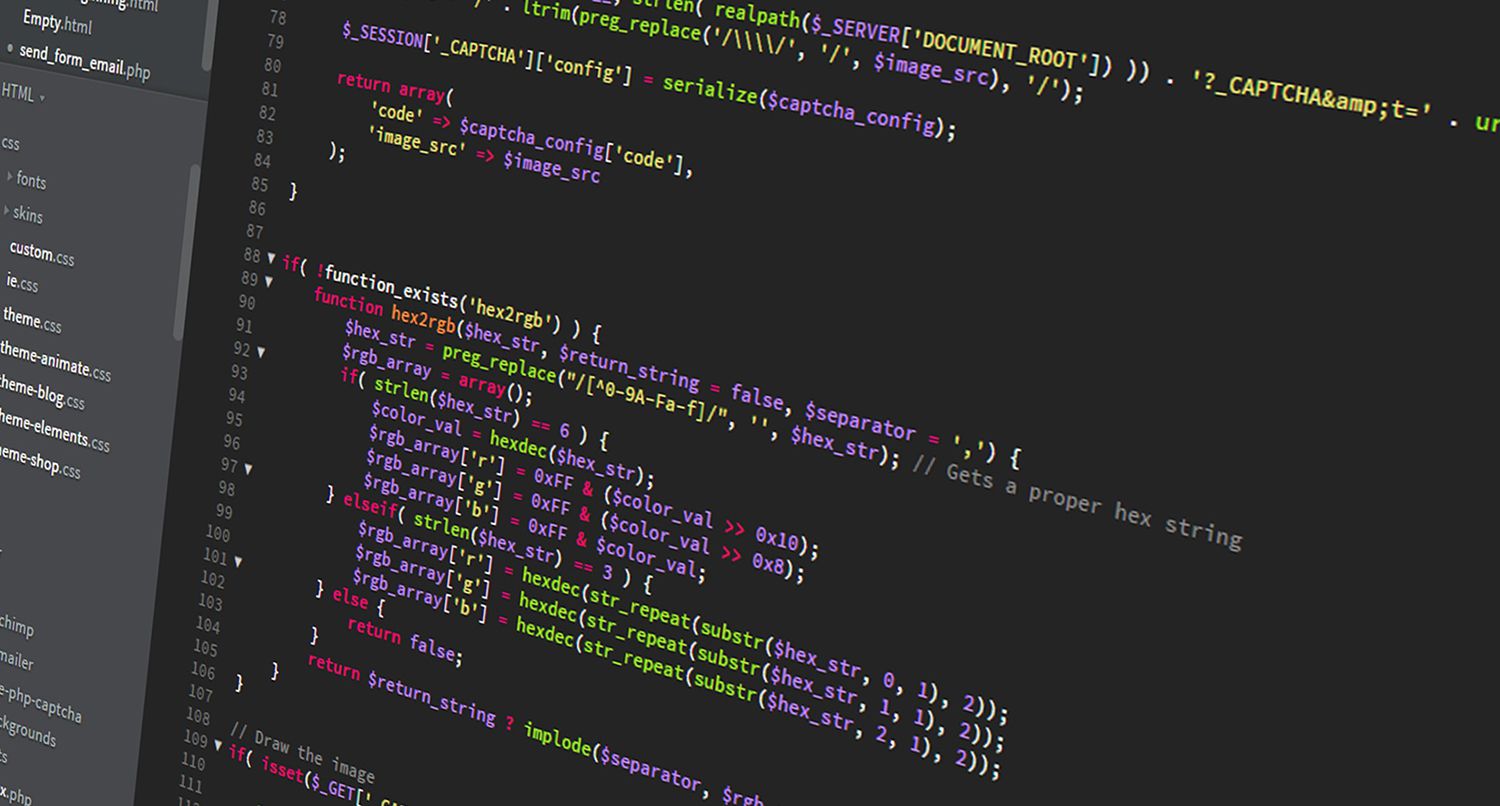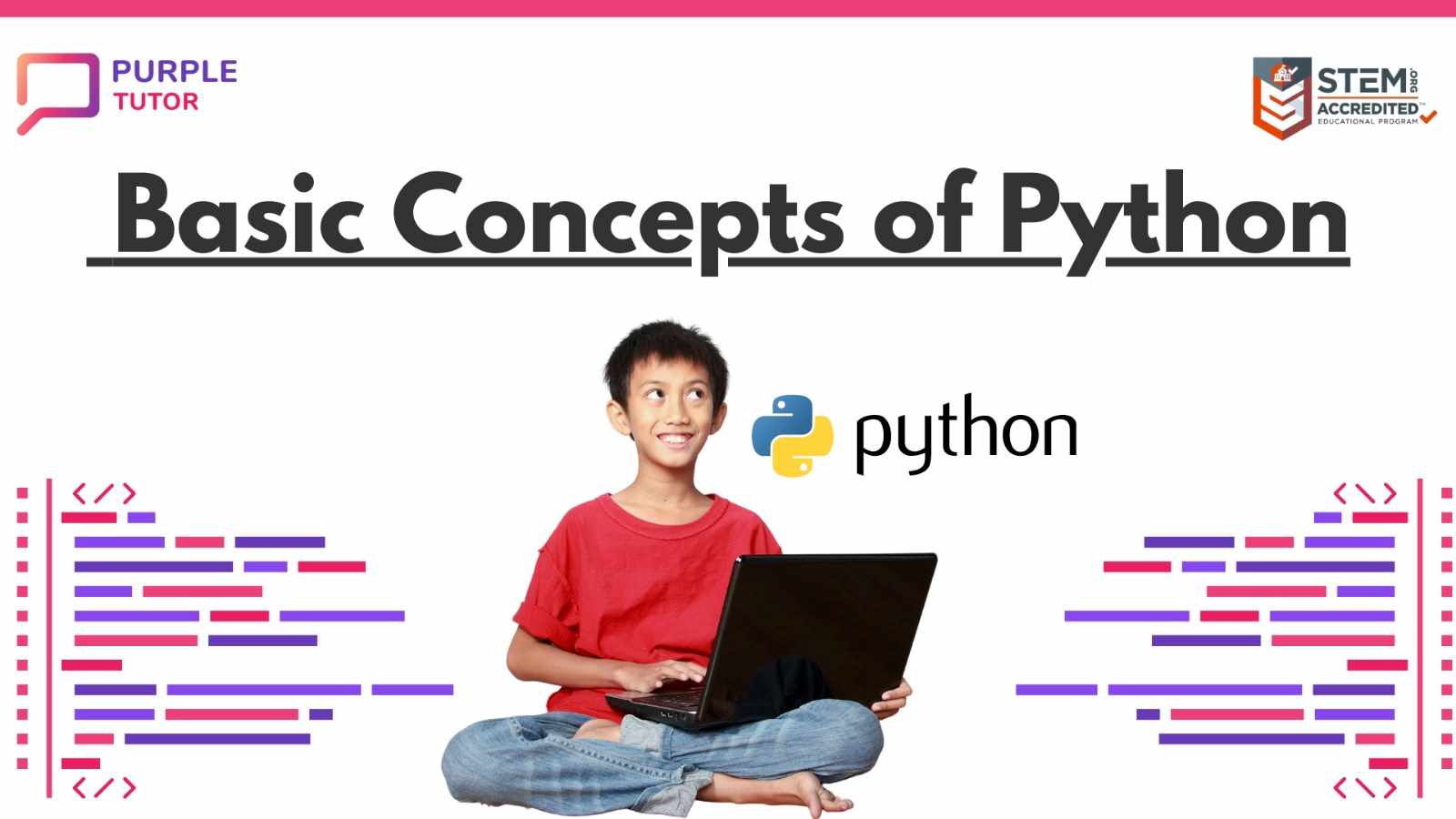How does Python actually work?
How does Python actually work?
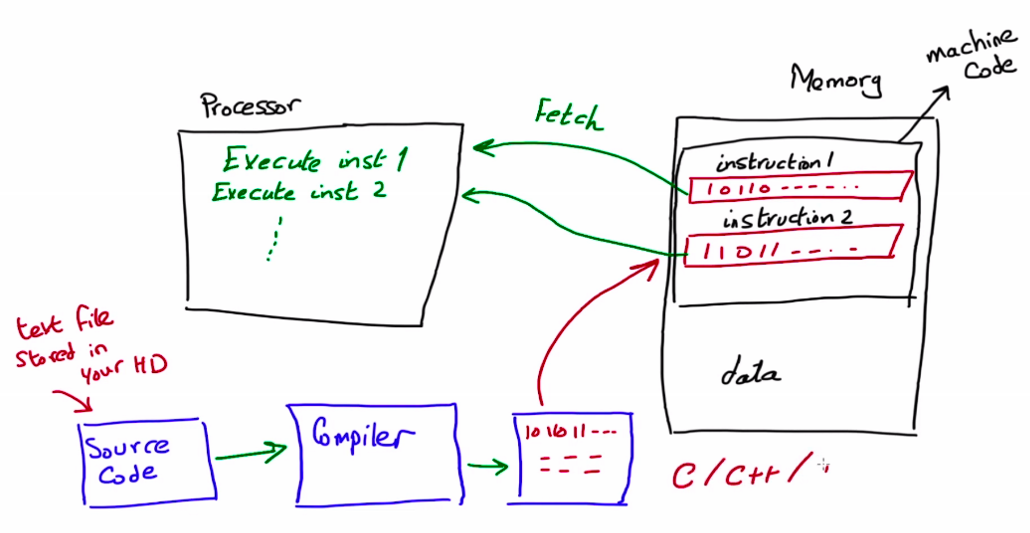
I'm happy to explain how Python works!
Python is a high-level, interpreted programming language that runs on the computer. Let's break it down into its core components:
Interpreted Language: Unlike compiled languages like C or Java, where the code is converted to machine code beforehand, Python's code is interpreted at runtime. This means the Python interpreter (a program) reads and executes your code line by line.
Bytecode: When you run a Python script, the interpreter doesn't execute the original source code directly. Instead, it compiles the code into an intermediate format called bytecode. Bytecode is platform-independent and can be executed on any system that has a compatible interpreter installed.
Python Interpreter: The interpreter is the core component responsible for executing your Python code. It's a program that reads the source code, compiles it into bytecode, and executes the bytecode. You can think of the interpreter as an engine that runs your code.
Here's how it works:
Compilation: When you run a Python script (e.g.,python myscript.py), the interpreter reads the source code line by line. Lexical Analysis: The interpreter breaks down each line into individual tokens, such as keywords, identifiers, literals, and symbols. Syntax Analysis: The interpreter checks the syntax of your code to ensure it's correct according to Python's rules. If there are any errors, you'll get a syntax error message. Bytecode Generation: Once the code is syntactically correct, the interpreter generates bytecode for each line. Execution: The interpreter executes the bytecode, which means executing your Python code.
Memory Management: Python uses a garbage collector to manage memory efficiently. When you create objects in Python, they're stored on the heap. The garbage collector periodically checks for objects that are no longer referenced and frees up their memory, preventing memory leaks.
Modules and Packages: Python has an extensive collection of modules (pre-written code) and packages (collections of modules). You can import these into your own code using the import statement. This allows you to reuse code, reduce development time, and access functionalities provided by other developers.
Dynamic Typing: Python is dynamically typed, meaning you don't need to declare variable types before using them. Variables can be reassigned or changed during runtime, making it more flexible than statically-typed languages like C or Java.
In summary, Python works by:
Interpreting your code line by line Compiling the code into bytecode Executing the bytecode Managing memory using a garbage collector Providing modules and packages for reusing code Offering dynamic typing to reduce verbosityThis high-level overview should give you a solid understanding of how Python works its magic!
How to learn Python easily?
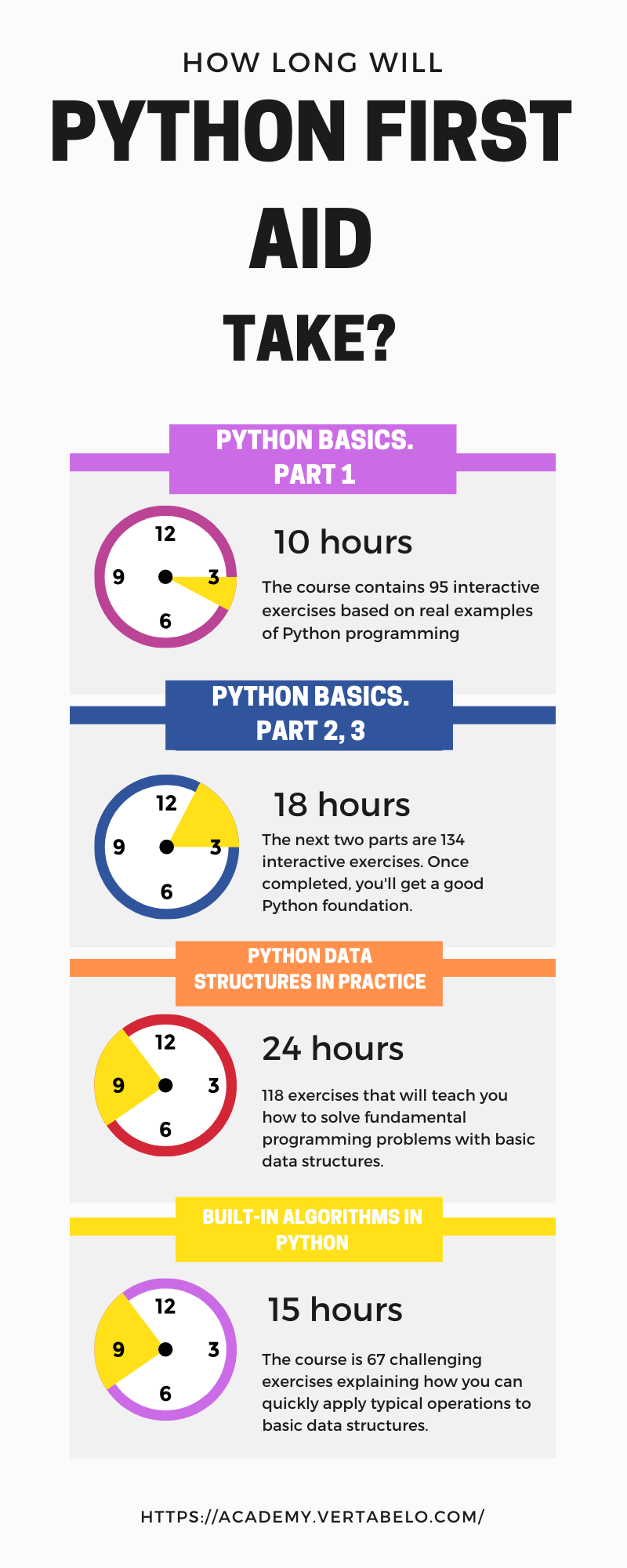
I'm happy to help you with that! Learning Python can be a bit challenging if you're new to programming, but don't worry, I've got some tips and resources to make the process easier for you.
Start with the basics
Before diving into complex concepts, it's essential to understand the fundamental principles of programming. Python is a high-level language, which means it abstracts away many low-level details, making it easier to focus on the logic of your code. Familiarize yourself with variables, data types, control structures (if-else statements), functions, and modules.
Choose the right resources
There are plenty of online resources available to learn Python, including:
Codecademy's Python Course: A comprehensive, interactive course that covers the basics, data structures, file handling, and more. Python.org: The official Python website has an excellent tutorial for beginners, covering syntax, basic programming concepts, and advanced topics like decorators and generators. W3Schools' Python Tutorial: A simple, easy-to-follow guide that focuses on the basics, with examples and exercises to help you practice. Udemy's Python Course: A popular course that covers various aspects of Python programming, from beginner to advanced levels.Practice makes perfect
One of the best ways to learn any programming language is by writing code. Start with simple programs, such as calculators or games, and gradually move on to more complex projects.
Python's official tutorials: The Python website has a series of guided exercises that help you develop your coding skills. LeetCode's Python Problems: A platform offering a variety of algorithmic problems in Python, perfect for practicing and improving your coding abilities. Project Euler: A set of mathematical problems that can be solved using Python, helping you develop your problem-solving skills.Join online communities
Connect with other Python enthusiasts on:
Reddit's r/learnpython: A community dedicated to helping beginners learn Python, offering resources, tips, and guidance. Python subreddit: The official Python community, where you can ask questions, share knowledge, and collaborate on projects. Stack Overflow: A Q&A platform with a vast pool of Python-related questions and answers.Read others' code
Studying open-source projects or other developers' code can help you learn new concepts and improve your coding skills. Explore:
GitHub: A platform where developers share their code, including many popular Python projects. Python's official examples: The Python website has a collection of example programs that demonstrate various aspects of the language.Take online courses or attend workshops
Supplement your learning with:
DataCamp's Python Course: An interactive course focusing on data science and machine learning in Python. edX's Python Course: A comprehensive introduction to Python programming, covering basics and advanced topics. Meetups and conferences: Attend local meetups or conferences focused on Python, where you can network with other developers and learn about new trends and technologies.Be patient and persistent
Learning any programming language takes time and effort. Don't get discouraged by setbacks or frustrations – keep practicing, and you'll see improvement over time.
By following these tips and leveraging the resources mentioned above, you'll be well on your way to becoming proficient in Python. Remember to stay curious, keep learning, and most importantly, have fun!
